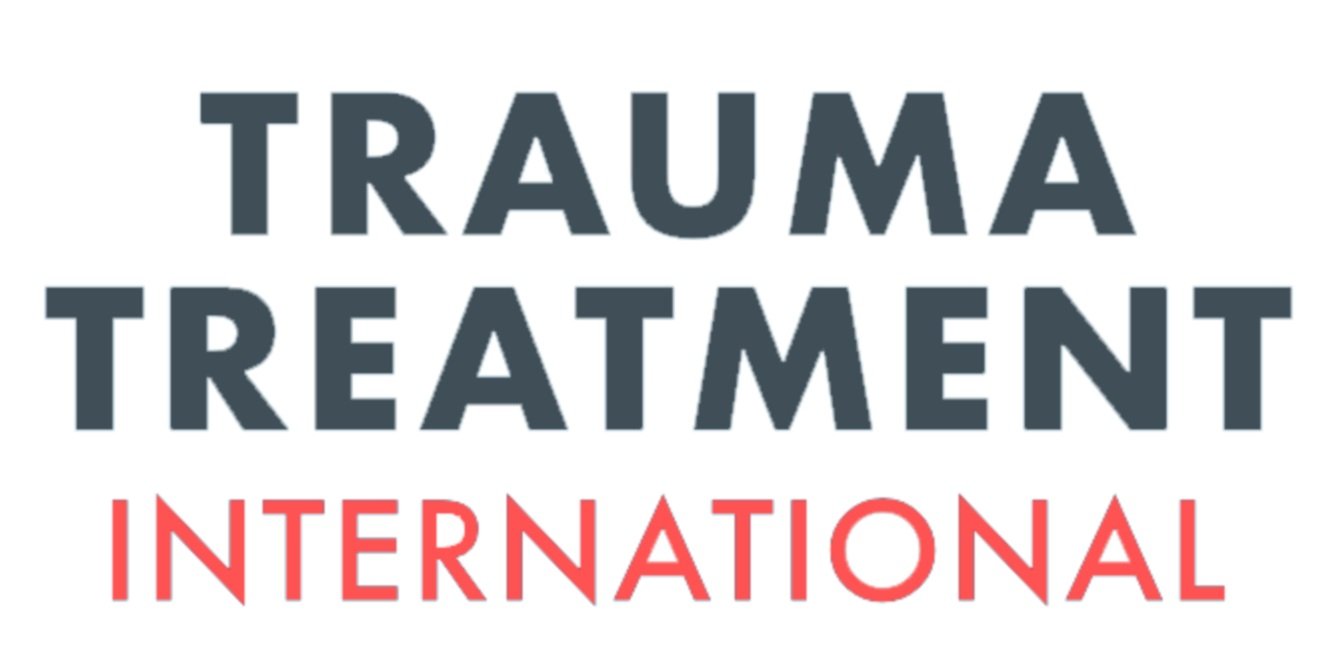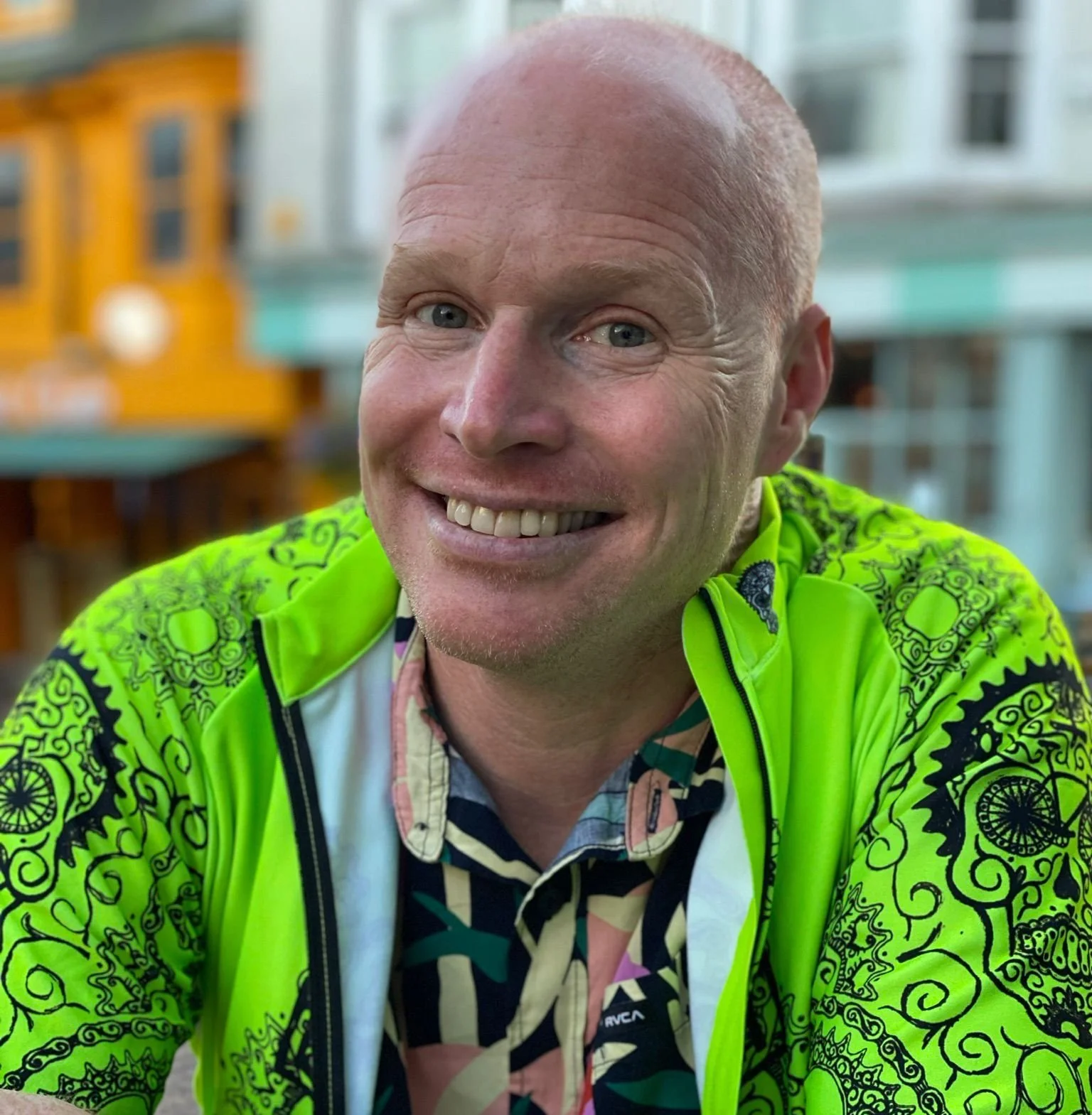Trauma Treatment International: Where did it all begin?
“Accountability is one of the things that can stop traumatic events from happening in the future. If there was justice, other perpetrators might think twice about doing it themselves.”
TTI Co-Founder, Dr. Brock Chisholm
Recent news that the Ministry of Defence (MoD) has settled more than 400 Iraq War compensation cases this year has been read with interest by Dr Brock Chisholm, co-founder of Trauma Treatment International. As he explains, the news served to remind him of the powerful motivation he felt to create the charity back in 2015.
Brock started his clinical psychology career working with the NHS, specialising in post-traumatic stress disorder (PTSD). With a personal interest in human rights, he also had working relationships with charities such as Redress and Reprieve, which seek justice for survivors of organised violence.
Over time, his experience and in-depth knowledge of psychological trauma and torture rehabilitation saw him become an expert witness in a number of high profile investigations. This included a role on the Iraq Historic Allegations Team, which was set up to investigate the alleged abuse of Iraqi civilians by the British military between 2003 and 2009.
Brock explained: “I led a group of psychologists to undertake assessments of those who claimed to have been tortured. We were also responsible for the wellbeing of witnesses who travelled from Iraq to give evidence in a criminal investigation. Our role was to provide an opinion on the consistency between what the person was reporting, and the physical and psychological evidence for use in criminal prosecutions.
“I was also the lead psychologist on the Basa Mousa public enquiry. Mousa was an Iraqi civilian who was tortured to death by British soldiers. One officer, Corporal Donald Payne, did later plead guilty to inhumane treatment and was sentenced to a year in prison. He was the first British soldier ever to admit to a war crime. But there were six other soldiers on trial and none of them were found guilty of any charges.”
He added: “Payne’s court martial was later shown to be a sham. The doctor involved, Derek Keilloh, was found to have lied about Mousa’s injuries and was struck off by the General Medical Council.”
CIA torture programme
Brock was also an expert witness in a lawsuit against two American clinical psychologists, James Mitchell and John Jessen. They were paid tens of millions of dollars to design, implement and oversee the CIA’s post 9/11 torture programme, which was based on experiments carried out on dogs in the 1960s.
One of the victims, Suleiman Abdullah Salim, was captured in Somalia in March 2003 by CIA operatives, on suspicion of having links with Al Qaeda. He was one of 39 men who was tortured using Mitchell and Jessen’s most brutal techniques, which included sensory and sleep deprivation, beatings and water dousing. Suleiman was kept in prison in Afghanistan for five years before being released without charge; later he was treated by Brock for severe PTSD and depression.
The lawsuit against the psychologists was brought by the American Civil Liberties Union on behalf of Suleiman, fellow victim Mohamed Ahmed Ben Soud, and the family of Gul Rahman, who died as a result of his torture. Mitchell and Jessen settled the case out of court, with the full terms kept confidential.
Brock says that experiences like these left him feeling jaded about the justice system, both in the UK and abroad. “It became very demoralising,” he said. “For example, I wrote 500 different reports for Iraq Historic Allegations Team and not one of the cases I worked on even made it to court.
“Years later, evidence of torture and murder in Iraq were highlighted by Panorama and the International Criminal Court but still no-one has been held accountable. Lawyers have been vilified in the press for bringing apparently vexatious claims of torture against the British military, yet the MoD has compensated thousands of victims.”
He added: “There is no accountability for the perpetrators of murder and torture. They’re not the ones making the pay-outs and no-one gets in real trouble. But accountability is one of the things that can stop traumatic events from happening in the future. If there was justice, other perpetrators might think twice about doing it themselves.
“At the time, it felt like everything we were doing was for nothing.”
Taking action
Brock decided to turn his disillusionment into action, thinking of ways he could help organisations which work to end human rights abuses, and which promote accountability for those who perpetrate them.
He said: “I also wanted to tackle the lack of trauma treatment across the world. Way more money is spent on harming people through wars than helping them through treatment. There aren’t enough psychologists trained to treat PTSD, and a lot of organisations provide therapy that hasn’t been shown to be effective.”
Brock’s ruminations led to the founding of Trauma Treatment International alongside clinical psychologist colleague Dr Katy Robjant and independent human rights consultant Polly Rossdale; they are fellow experts in trauma and torture rehabilitation. The trio worked tirelessly for two years getting the organisation off the ground, often around the clock alongside their other professional and personal commitments. Their hard work paid off in October 2017 when TTI gained registered charity status.
Since then, the charity has gone from strength to strength. International projects have included conducting an organisational assessment of Haki Africa, a human rights charity based in Nairobi. While in Kenya, Brock also trained 20 human rights organisations, psychologists and lawyers from four African countries, focusing on holistic strategic litigation in torture cases. Meanwhile, Brock and Katy travelled to Rwanda to help train over 30 clinicians to treat trauma and addiction in survivors of the 1994 genocide (pictured below). Katy has also worked in the Democratic Republic of Congo with former child soldiers.
Back in the UK, supported by a dedicated team of associate clinical psychologists, TTI works closely with organisations that help victims of trauma. Services include training, organisational assessments and policy support, along with clinical supervision and psychological support.
Brock added: “We also work with trauma-exposed organisations to assess their staff’s level of vulnerability. We then help staff to introduce coping strategies and reduce the psychological impact of their exposure to traumatic contexts and organisational stressors.
TTI’s first CEO, Quen Geuter
“In addition, we provide specialised psychological treatment directly to victims of trauma via our virtual clinic. These therapies are both effective and evidence-based. We take referrals to the clinic from our partners, or from grassroots and frontline organisations whose beneficiaries are exposed to trauma.”
Current partners include Hibiscus Initiatives, Hostage International, Inquest, Justice Rising, Medical Justice, Nobody’s Listening, Redress, Women for Refugee Women and Yazda.
With the appointment of TTI’s first CEO Quen Geuter (pictured below) in January 2021, Brock is hopeful that the charity’s star will continue to rise for many years to come. He said: “Quen is a very compassionate person and embodies one of my other main motivators for launching TTI. I wanted to set up an organisation where I would want to work. A place where we support each other, where people are free to make mistakes and where they can learn from them. An organisation which promotes kindness and compassion while doing good work.”



